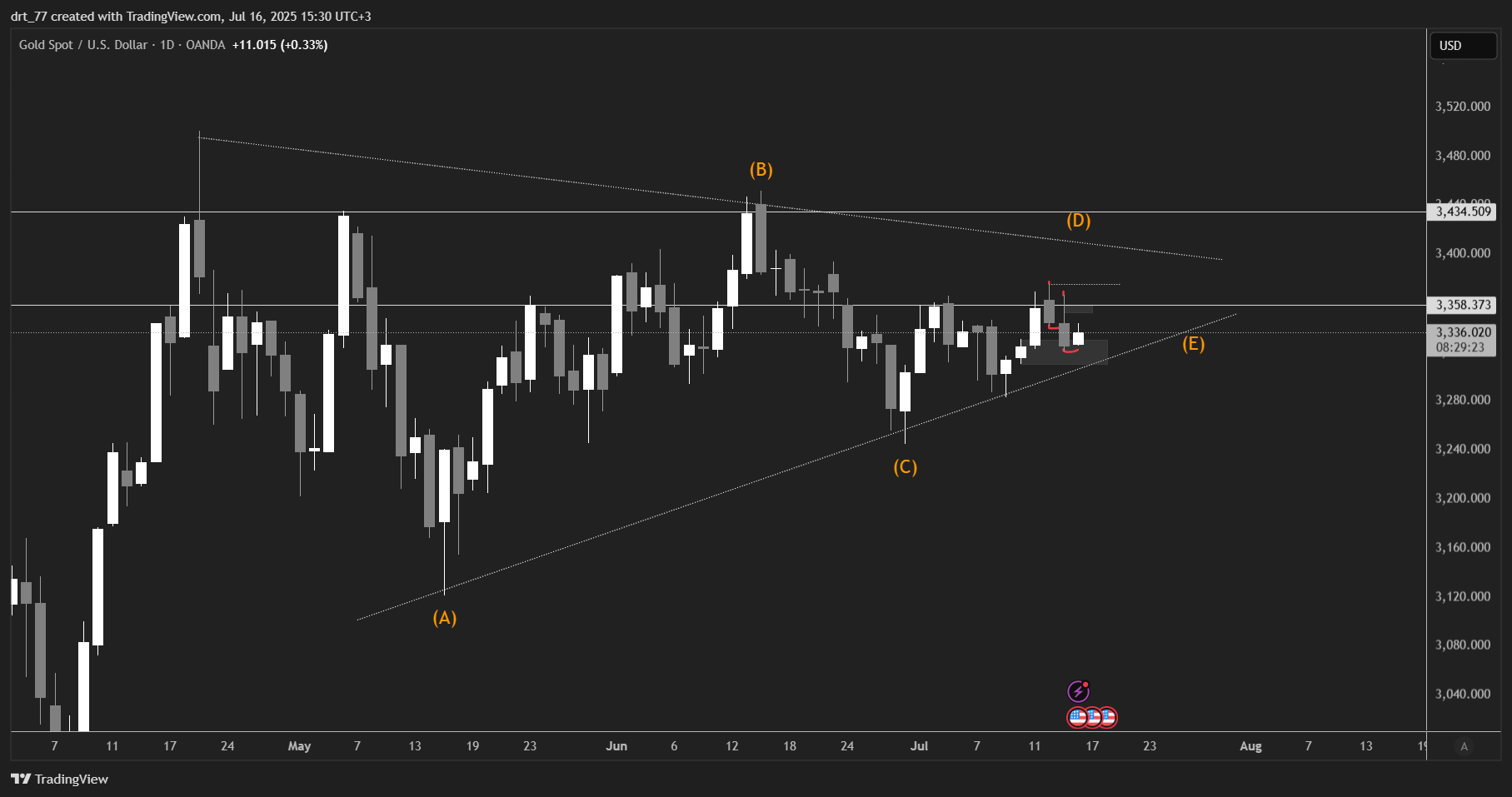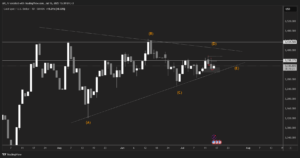Stocks in Europe are heading cautiously higher after sharp losses yesterday, which saw the global selloff in stocks push the S&P500 into a bear market.
· Bond market flashes recession warning signs as hawkish Fed bets rise
· UK unemployment rises to 3.8% in the three months to April, from 3.7%, FTSE & the pound rise
· German inflation is upwardly revised to 0.9% MoM, German ZEW economic sentiment data due
The selloff across global stock markets was brutal yesterday. Fears that central banks will be forced to act aggressively to tame surging inflation rattled investors yesterday. Following Friday’s surprise increase in US inflation, expectations rose that the Federal Reserve could raise interest rates by 75 basis points rather than by the 50 basis points expected. Such a large move by the Fed could highlight just how behind the curve they are. However, the reality is that it is unlikely in this meeting. But that is not to say that the US central bank won’t prepare the market for such a move at the July meeting.
The US bond market sounded a recession warning with the 2-year bond yield inverting with the 10-year bond yield, and the US S&P500 tumbled into a bear market. Meanwhile, the USD rallied to a 20-year high against a basket of currencies.
US PPI
Today, in the US, session attention will remain on inflation with the release of PPI data, which is expected to tick lower to 10.9% YoY in May, down from 11% in April and 11.5% in March. While this indicator is moving in the right direction, it is doing so at a very slow pace. Still, this could be sufficient to take some hot air out of yields.
In Europe, the FTSE fared better than most of its peers yesterday, falling just 1.5% after data showed that the UK economy shrank for a second straight month in April. GBP/USD tumbled to a two-year low. Elsewhere in Europe, the DAX dropped 2.4%, and the EUR/USD fell briefly below 1.04.
UK jobs data
Today indices are rebounding. The FTSE futures trade 0.8% higher, and GBP/USD is rising to 1.2175. However, gains could be capped amid signs of weakness in the labour market. UK unemployment unexpectedly ticked higher to 3.8% in the three months to April, up from 3.7%, the lowest level since 1974. Meanwhile, the claimant count fell by just -19.5k, well short of the 42.5k fall forecast. Wages, including bonuses, rose 6.8%, down from 7% but remain very elevated. The data highlights the dilemma the BoE faces as it meets to discuss the interest rate decision on Thursday.
German inflation data showed that consumer prices rose an upwardly revised 0.9% MoM in May, up from 0.8%. The ECB has pre-committed to raising interest rates in July.
Looking ahead, German ZEW economic sentiment is also expected to improve to -27.5 in June, which would mark the third month of improving morale.
Disclaimer: This article is not investment advice or an investment recommendation and should not be considered as such. The information above is not an invitation to trade and it does not guarantee or predict future performance. The investor is solely responsible for the risk of their decisions. The analysis and commentary presented do not include any consideration of your personal investment objectives, financial circumstances, or needs.





